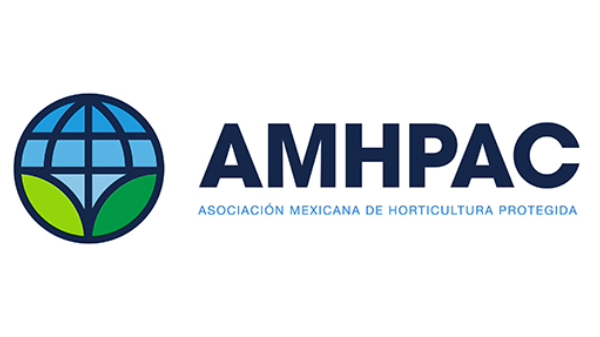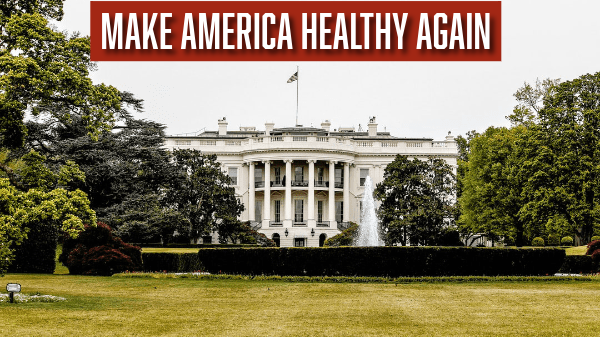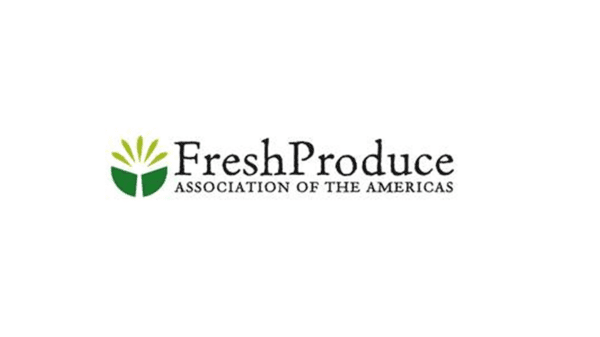Welcome to Blue Book!
Are you ready to join the thousands of companies who rely on Blue Book to drive smarter decisions? View our plans and get started today!
Still have questions? We’d love to show you what Blue Book can do for you. Drop us a line– we’ve been waiting for you.

The biggest news in a while is the Department of Commerce officially terminating the tomato suspension agreement, but not to be lost, IFPA launched a new campaign with some bite.
MAHA Campaign
IFPA says the “Fresh Produce for a Healthier America” campaign will run in Washington, DC-focused digital outlets, directly appealing to those shaping healthcare policy to remind them that produce is a proven, essential ally in the fight against chronic disease.
That message is: You can’t make America healthy again without fruits and vegetables.
The Make America Healthy Again (MAHA) slogan of the Trump administration focuses on chronic disease, obesity, and healthier living.
Increasing produce consumption addresses all these things. It is the real food, the plant-based-OG.
The campaign art uses clever phrases such as “before there were co-pays there were carrots.” But the serious message is that MAHA is not serious about health if it doesn’t champion fruits and vegetables.
The MAHA Commission, established by a February executive order, is expected to release its second report by Aug. 12. We have about a month to see if this campaign will fill its objective.
Termination of the TSA
Both the pro- and anti- sides made compelling arguments during the 90-day notice period, but the Department of Commerce terminated the 2019 Agreement Suspending the Antidumping Duty Investigation on Fresh Tomatoes from Mexico on July 14.
Groups representing Florida tomato growers called the decision one that protects domestic growers from unfair trading practices.
Those opposed to terminating the deal include Mexican importer groups, controlled atmosphere ag groups, and the U.S. Chamber of Commerce which said terminating the TSA “would likely have widespread repercussions on the U.S. economy, affecting agriculture, warehousing, logistics, grocery, and restaurant industries.”
While not confirmed, it is highly likely that the Mexican government and Commerce Department have been negotiating on an improved import agreement. What we have now is a 17 percent tax on Mexican tomatoes, which surely will raise prices for consumers and restrict supply.
We are in the domestic part of the tomato season, so it gives time for parties to negotiate a better deal.
I’d be shocked if we see no changes by fall when Mexican imports pick up again.
Consumers will lose if they have to pay more for less variety, and tomatoes are a big enough item to show up in inflation reports, and the Trump administration does not want to take the blame for causing food inflation to rise again.








